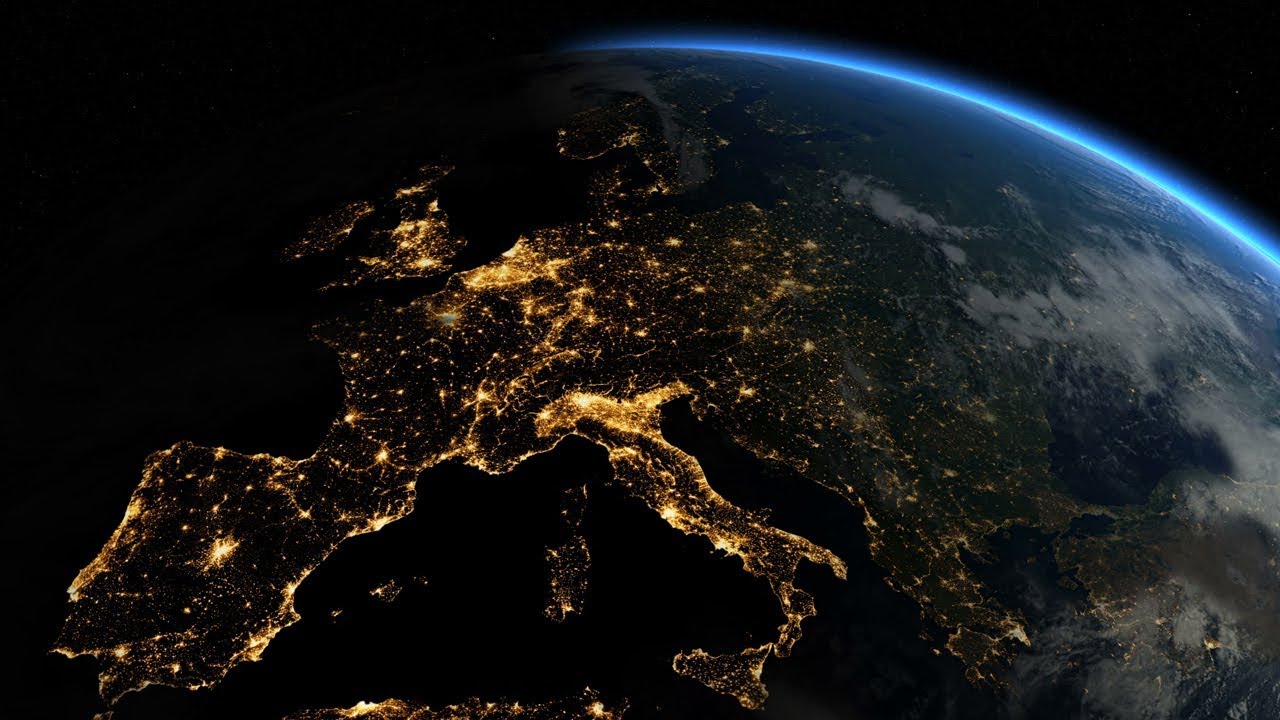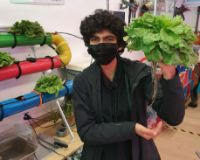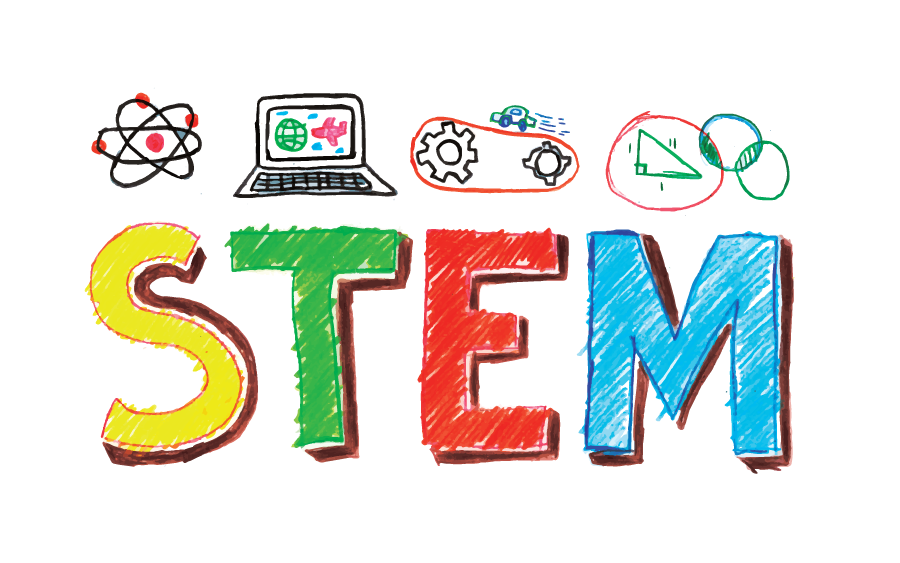By Albert Shang, Year 11
Recently, on the 7th of May, we passed Swiss Overshoot Day. This means that Switzerland has used up all the resources it should normally use in a year, in the alarming time span of just126 days.
Earth Overshoot Day, previously known as Earth Debt Day, was a concept invented by Andrew Simms of the New Economics Foundation. It was created as a response to the rising problem of overwhelming human consumption. Until the 1970s, nature was fully capable of keeping up with mankind’s demands. However, the situation has deteriorated to the point where nature can no longer keep up with us. In fact, according to a report written by the WWF, the EU uses up to 20% of the entire planet’s bio-capacity in resources, despite only accounting for 7% of its global population. Many governments have already launched initiatives in an attempt to reduce our footprint on the planet. 8 of them, including France, have set a goal of net zero emissions by 2050. This means that they intend to completely eliminate the production of greenhouse gases and CO2 within 30 years. Unfortunately, such targets have not gained the support of other large countries, such as Germany. Now, together with the Global Footprint Network, the New Economics Foundation launches a campaign every year in order to raise awareness about Earth’s limited resources.
You, as one of our readers, and a regular citizen, can also help solve this crisis. When asked for an opinion on the situation, a Year 11 student said, “It’s a shame that so few people know about such a significant date. It’s days like these that should really make us think about the way we live, and how we could each help the world a little bit by being a little less selfish.” Currently, 75% of carbon monoxide emission comes from automobiles, which means that other means of transportation such as bikes, or electric cars, have a lesser impact on the environment. Furthermore, each cow on the planet releases the equivalent of 2’300 kg of CO2 every year. Considering the fact that there are one and a half billion cows spread across the world, cutting down on meat consumption might help reduce this number as well.
A common misconception is that we should try and save the “planet”, which can lead to incomprehension or skepticism. Really, we need to take steps to preserve our shared humanity, and the millions of humans affected worldwide by climate change every day.



